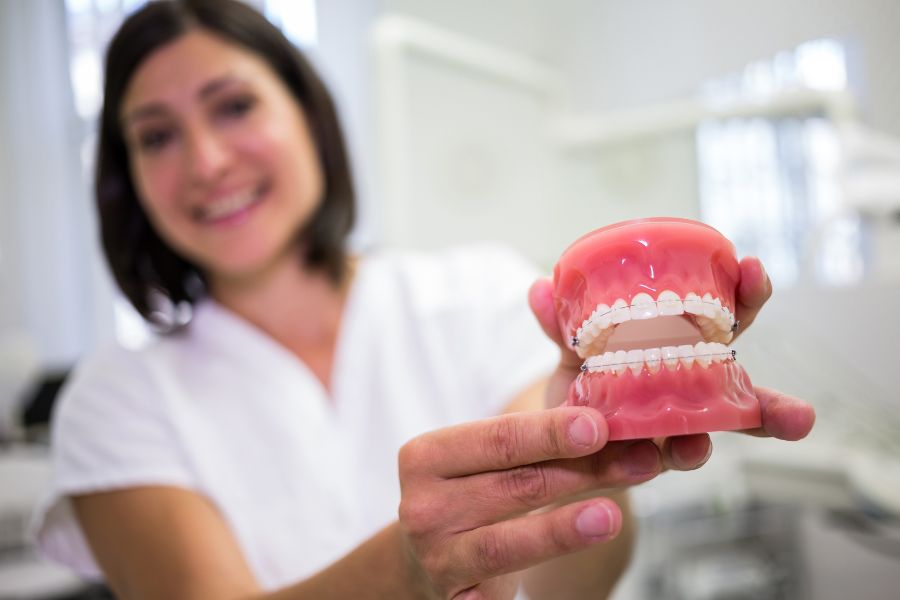Living with dentures means embracing a new routine for oral care. While dentures replace natural teeth, they require unique maintenance practices to keep them in top shape and your mouth healthy. This blog offers a detailed guide on the best practices for denture care and maintenance.
The Importance of Brushing Your Dentures
Just as with natural teeth, dentures demand daily cleaning to maintain optimal oral health. This routine helps in eliminating food particles, plaque, and other build-ups that could compromise the denture’s functionality or lead to oral health issues. Using a soft-bristle toothbrush is critical in ensuring that the dentures are not scratched during the process.
Moreover, a non-abrasive denture cleanser is preferable over regular toothpaste, as the latter may cause harm to the dentures. The American Dental Association provides a more detailed guideline on the appropriate techniques and materials for cleaning dentures.
Rinsing Dentures Post-Meals
Careful Handling of Dentures
The Need for Proper Denture Storage
The Necessity of Professional Denture Repairs
Regular Adjustments for Optimal Comfort and Function
Foods to Avoid
Certain foods can cause damage to your dentures or discomfort while wearing them. Sticky or hard foods, for example, should be avoided as they can dislodge or break dentures.
Staying Hydrated
Proper hydration is essential for overall oral health, including for those wearing dentures. Staying hydrated helps maintain healthy gums and can also assist in preventing dry mouth, which can cause discomfort when wearing dentures.
Taking care of your dentures is an important part of maintaining your oral health and your overall well-being. By following the best practices for denture care and maintenance, you’ll be able to keep your smile bright and healthy.

